Learning About Your Child's Asthma Triggers
When your child has asthma, certain things can make their symptoms worse. These are called triggers. Common triggers include smoke, air pollution, getting sick, and things your child is allergic to.
Learning what triggers your child's asthma is one way to help manage it. Then you may be able to help your child avoid the things that trigger their symptoms. Share these triggers with your child's doctor. The doctor may have other ideas that can help.
Here are some ways you can help your child avoid a few common triggers.
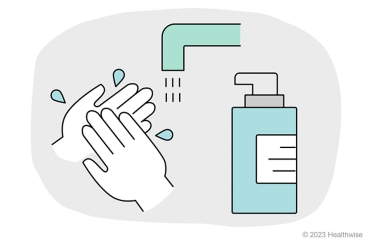
Remind your child to wash their hands often. This can help them avoid getting sick.
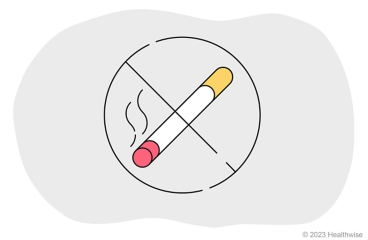
Don't smoke or vape or let anyone smoke or vape near your child. If you need help quitting or cutting back, talk to your doctor.
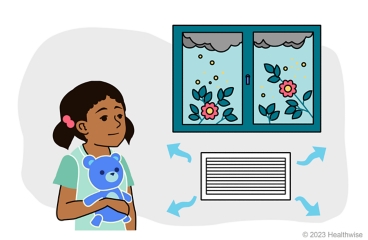
Try to have your child stay inside when air pollution, wildfire smoke, and pollen levels are high. Close the windows and use an air conditioner or air filter, if you can.
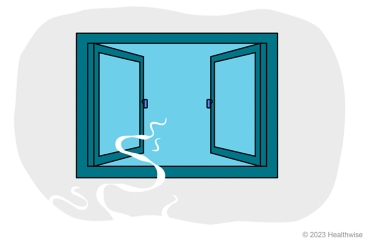
Help your child avoid indoor triggers. Open the windows when the air inside is smoky or if it's smelly from cleaning products.
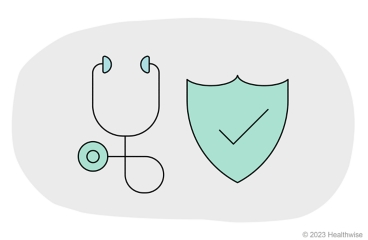
Make sure your child gets the recommended vaccines. These include an annual influenza (flu) vaccine, staying up to date with COVID-19 vaccines, and maybe getting a pneumococcal vaccine. Ask your child's doctor.
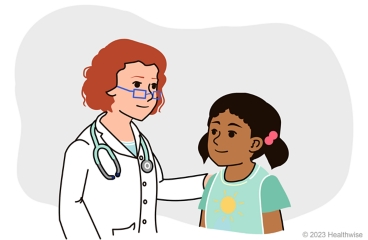
Talk with your child's doctor. Asthma management is a partnership. The doctor can help.
You can learn more about asthma from the ECHO research program website. Evidence in Child Health to Enhance Outcomes (ECHO) uses evidence and research to provide information to help improve the health of children in Alberta.
Where can you learn more?
Go to https://www.healthwise.net/patientEd
Enter F670 in the search box to learn more about "Learning About Your Child's Asthma Triggers".
Adaptation Date: 06/04/2025
Adapted By: Alberta Health Services
Adaptation Reviewed By: Alberta Health Services
